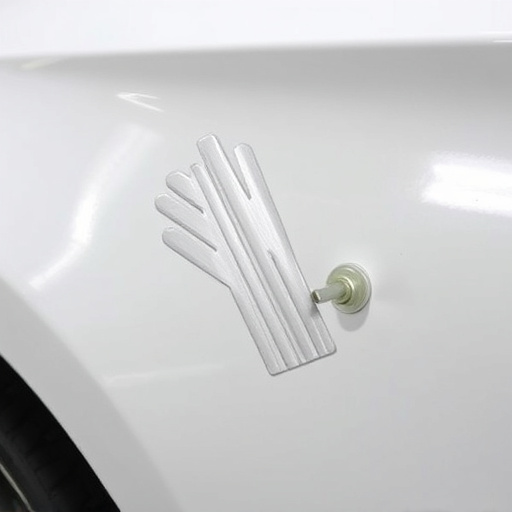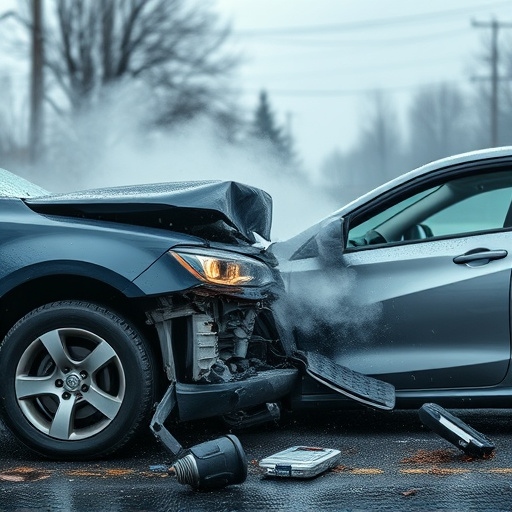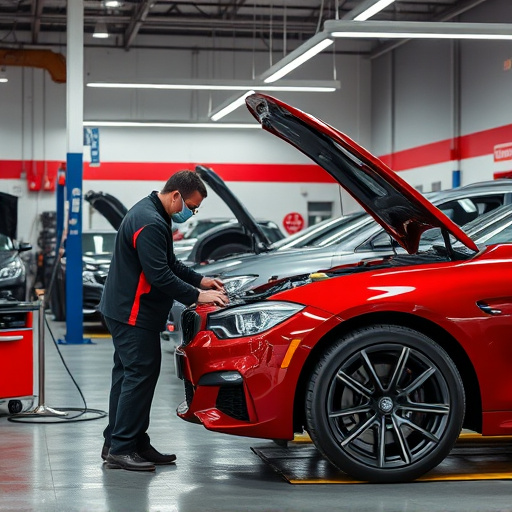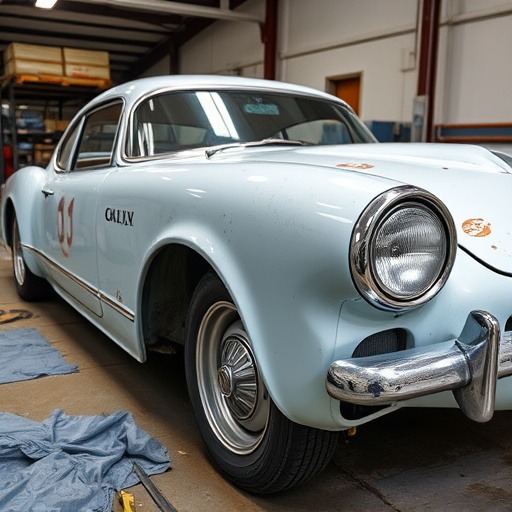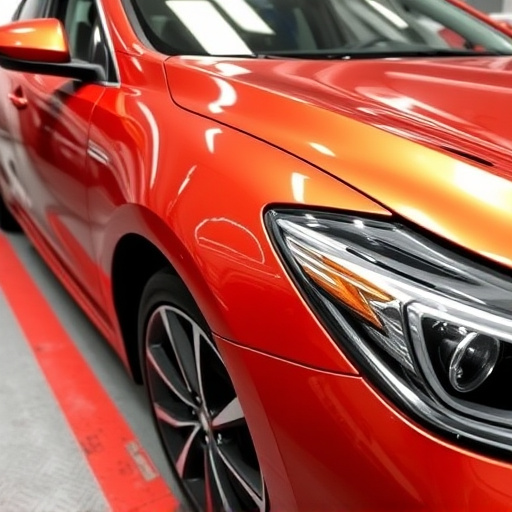The domestic auto body repair industry is poised for growth despite autonomous vehicle trends. Skilled technicians are in demand for vintage and EV repairs, emphasizing art and sustainability. By 2025, personalized services, eco-friendly practices, and customer loyalty will drive competitive success in the market.
In 2025, domestic auto body repair remains a vital pillar of the automotive industry. Despite advancements in technology and trends towards autonomous vehicles, human expertise is still indispensable for quality repairs. This article explores why traditional body shops aren’t going away anytime soon. We delve into evolving technologies that adapt to future trends, the power of personalized customer experiences, and the growing importance of eco-friendly repair practices, underscoring the enduring significance of domestic auto body repair.
- Evolving Technologies: Adapting to Future Trends
- Personalized Touch: Customer Experience Matters
- Sustainability: Eco-Friendly Practices in Repair
Evolving Technologies: Adapting to Future Trends

The landscape of auto repair is constantly evolving, driven by advancements in technology and changing consumer preferences. However, despite the rise of autonomous vehicles and advanced diagnostics, domestic auto body repair remains a critical service in 2025. While some envision a future where self-driving cars eliminate the need for human intervention, the art and skill of auto body work are far from obsolete. In fact, with an increasing focus on sustainability and classic car restoration, the demand for skilled technicians to perform intricate repairs is higher than ever.
Trends like electric vehicle (EV) integration and lightweight materials necessitate new techniques and tools in auto body shops. The shift towards eco-friendly practices also encourages the preservation of vintage vehicles, driving up the need for specialized services. Auto maintenance, especially for classic cars, requires a unique set of skills that blend traditional craftsmanship with modern technology. Therefore, domestic auto body repair shops must adapt to future trends by continuously training their staff and investing in innovative equipment to stay relevant in an ever-changing automotive industry.
Personalized Touch: Customer Experience Matters

In the realm of domestic auto body repair, a personalized touch can set a car body shop apart in 2025. Customers increasingly seek tailored experiences, and a car scratch repair service that understands this dynamic is better positioned for success. Beyond just fixing dents and scratches, a car body shop should aim to deliver an exceptional customer journey, addressing individual needs and preferences.
This personalized approach starts with effective communication, where technicians actively listen to clients’ concerns and expectations. It extends to flexible scheduling options and transparent pricing models. In today’s competitive market, a domestic auto body repair shop that prioritizes the customer experience—treating each vehicle as unique and each client with respect—will foster loyalty and positive word-of-mouth, solidifying its reputation as a reliable and trusted car body shop.
Sustainability: Eco-Friendly Practices in Repair
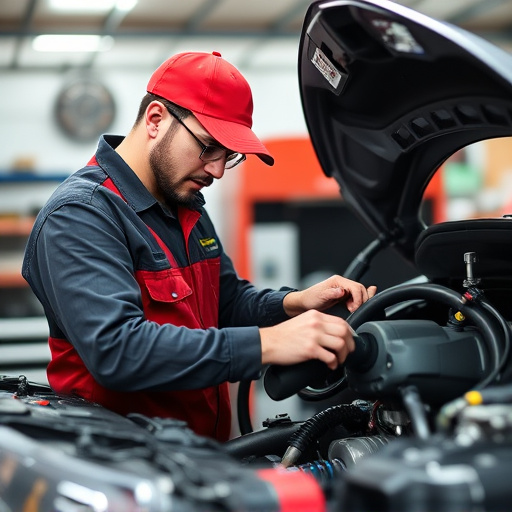
In the pursuit of a greener future, domestic auto body repair has embraced eco-friendly practices to minimize its environmental impact. As a result, traditional collision centers are transforming into sustainable hubs, incorporating innovative techniques and materials that reduce waste and energy consumption. From using recycled components to implementing water-based paints and solvent-free treatments, these repairs are not just about restoring vehicles but also about preserving the planet.
This shift towards sustainability is not only beneficial for the environment but also for auto body repair businesses, as it positions them as responsible and forward-thinking. As we advance into 2025, fleet repair services and auto repair shops that prioritize eco-friendly practices will likely gain a competitive edge, appealing to environmentally conscious customers and fostering long-term success in the domestic market.
Despite advancements in technology and the rise of autonomous vehicles, domestic auto body repair remains a vital industry in 2025. As we navigate evolving trends, it’s essential to balance innovation with personalized customer experiences. By adopting eco-friendly practices, this sector can continue to thrive while minimizing its environmental impact. The future of auto body repair lies in combining traditional expertise with modern sustainability initiatives, ensuring that both vehicle owners and the planet benefit.

